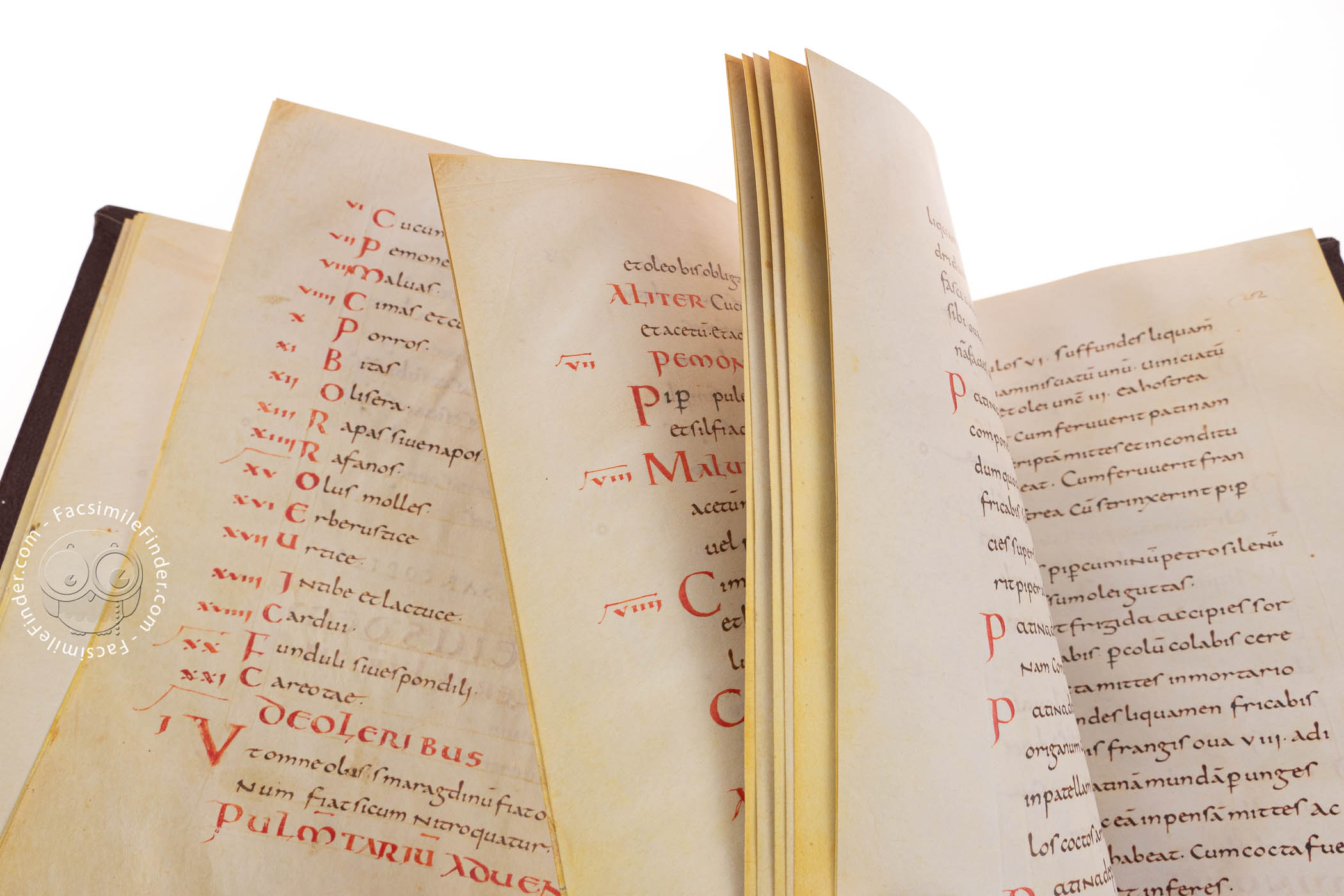
Apicius De Re Coquinaria « Facsimile edition
Apicius, also known as De re culinaria or De re coquinaria ( On the Subject of Cooking) is a collection of Roman cookery recipes, which may have been compiled in the fifth century CE, [1] or possibly earlier. Its language is in many ways closer to Vulgar than to Classical Latin, with later recipes using Vulgar Latin (such as ficatum, bullire.

APICIO DE RE COQUINARIA
Book from Project Gutenberg: Cookery and Dining in Imperial Rome Library of Congress Classification: TX Note: De re coquinaria. English Addeddate 2011-06-28 20:29:16 Call number gutenberg etext# 29728 Identifier cookeryanddining29728gut Identifier-ark ark:/13960/t3cz4cs1j Rights

De re coquinaria The complete information and online sale with free shipping. Order and buy
The book "De Re Coquinaria" is often translated into English with the title "Cookery and Dining in Imperial Rome," though the name literally translates as "The Art of Cooking." It's the oldest surviving intact collection of recipes in the world. The ancient Romans famously enjoyed lavish feasts and indulgent foods, and the variety in this book.
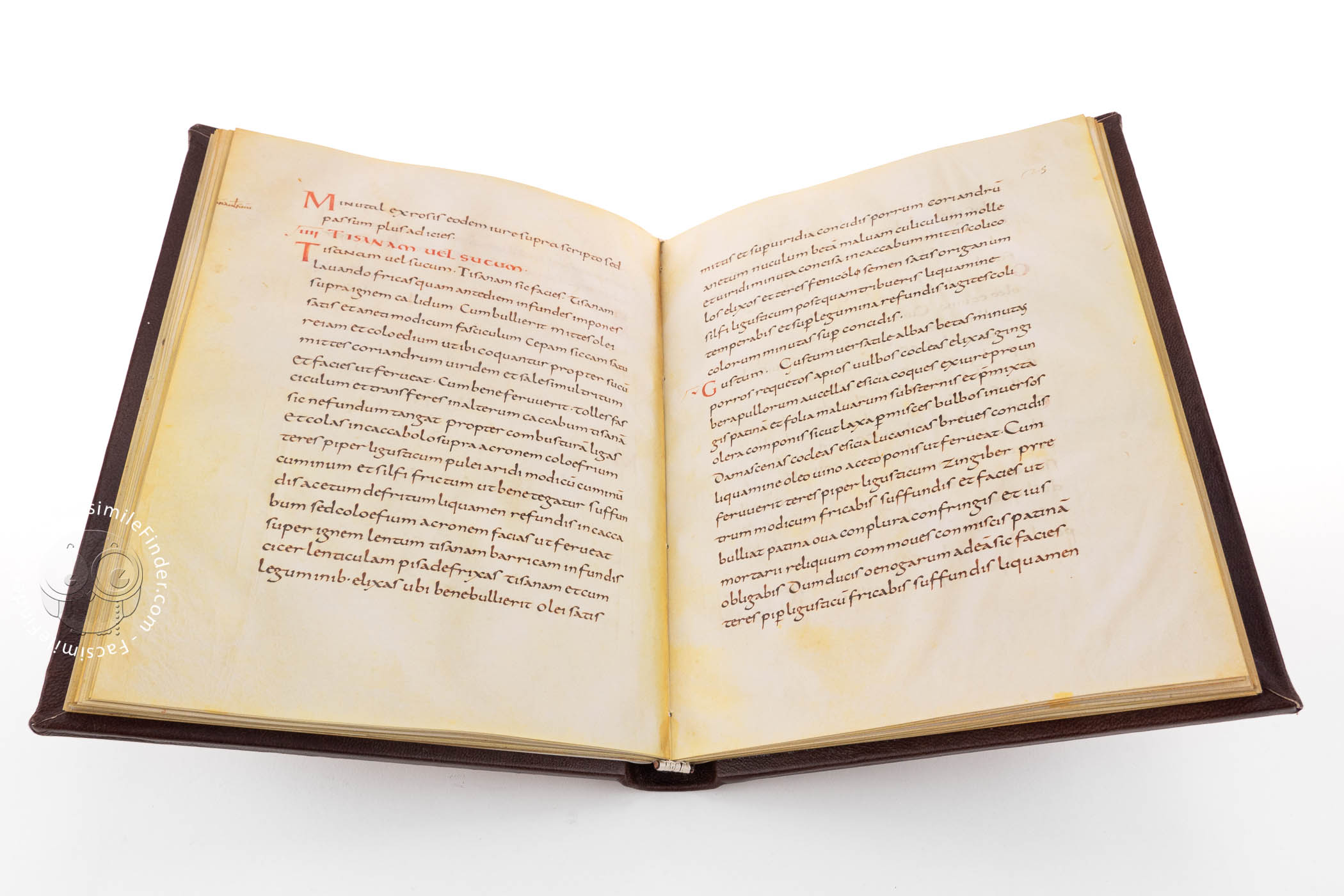
Apicius De Re Coquinaria « Facsimile edition
The book, originally titled De Re Coquinaria, is attributed to Apicius and may date to the 1st century A.C.E., though the oldest surviving copy comes from the end of the Empire, sometime in the 5th century. As with most ancient texts, copied over centuries, redacted, amended, and edited, the original cookbook is shrouded in mystery.
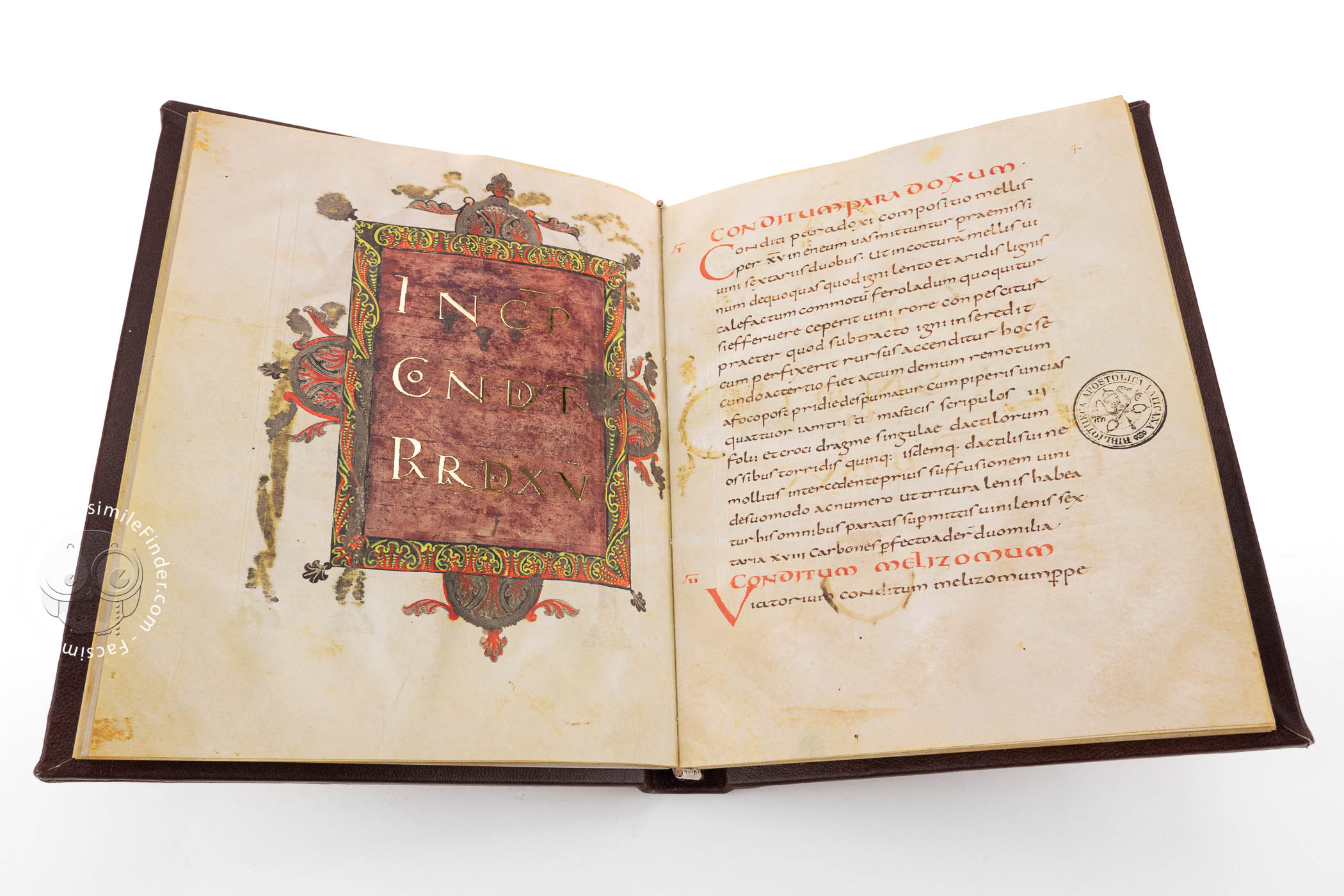
Apicius De Re Coquinaria « Facsimile edition
Marcus Gavius Apicius, (flourished 1st century ce), wealthy Roman merchant and epicure during the reign of Tiberius (14-37 ce), after whom was named one of the earliest cookbooks in recorded history.The work conventionally known by his name, Apicius—officially titled De re coquinaria ("The Art of Cooking")—was likely not compiled until the 4th century.

De re coquinaria YouTube
This is the first English translation of Apicius de re Coquinaria, the oldest known cookbook in existence. It is also one of the few translations of this original Roman cookbook prepared by a professional chef. Joseph Vehling's brilliant translation, extended introduction, and full and helpful commentary combine to bring you a clear picture of.
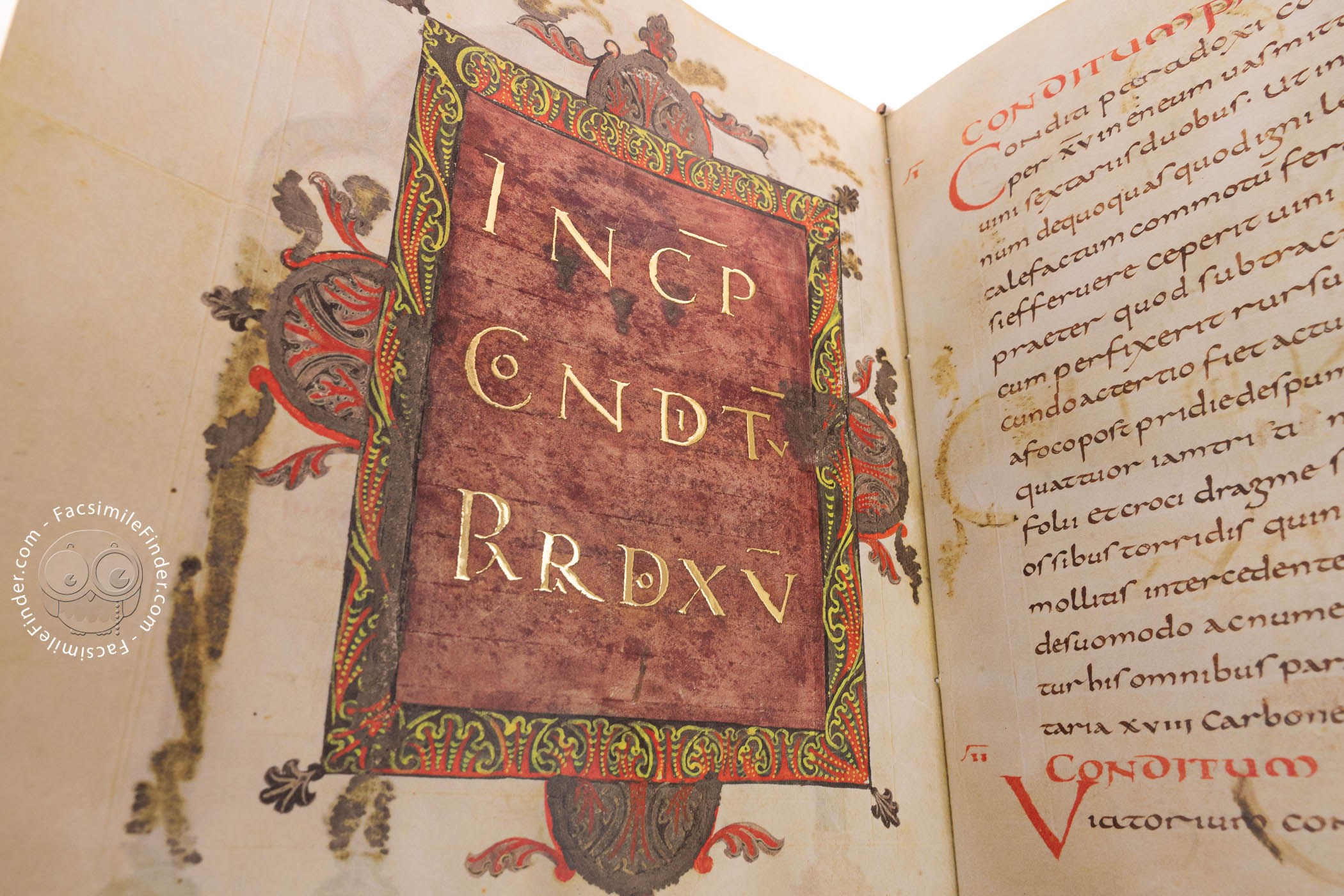
Apicius De Re Coquinaria « Facsimile edition
But then you won't have ALL the recipes, and you'll miss out on the thirty recipes from the 'Extracts of Apicius' by Vinidarius (5th century), who used another redaction of 'De re coquinaria'. Worthwile extras: a glossary, original sources on Apicius, cooking and luxury dining, named recipes in Apicius, an article on garum and liquamen, and a.

Apicius De Re Coquinaria Biblioteca Apostolica Tavola Mediterranea
This is the first English translation of Apicius de re Coquinaria, the oldest known cookbook in existence. It is also one of the few translations of this original Roman cookbook prepared by a professional chef. Joseph Vehling's brilliant translation, extended introduction, and full and helpful commentary combine to bring you a clear picture of what foods the Romans ate, how they prepared them.
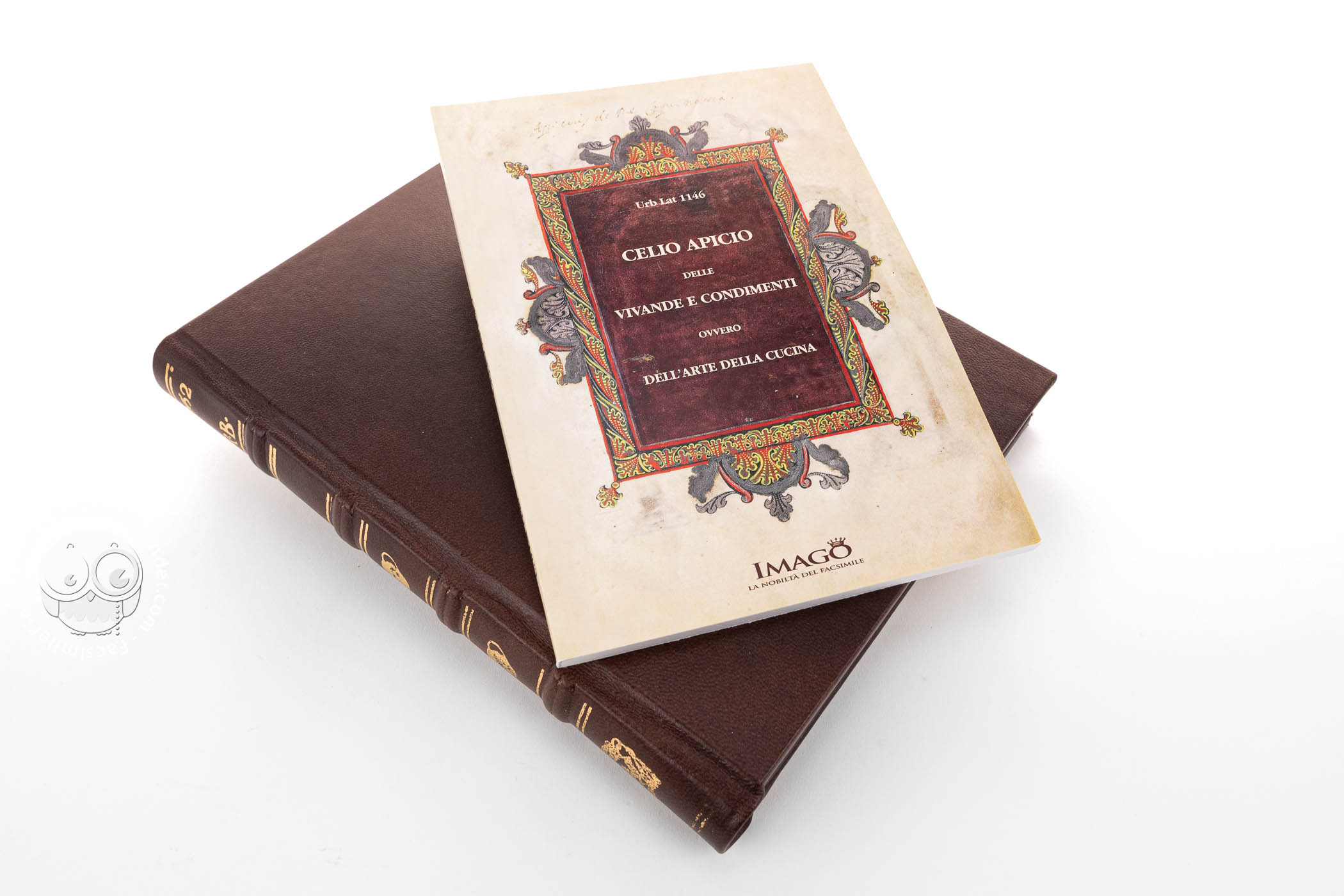
Apicius De Re Coquinaria « Facsimile edition
De Re Coquinaria. Nevertheless, Apicius became 'the' name when it came to food, and this is evident in the 4th century AD cookbook, the De Re Coquinaria. It has been suggested that, apart from some dishes which seem to be named after him, there is little direct connection between this piece of work and the notorious gourmand.
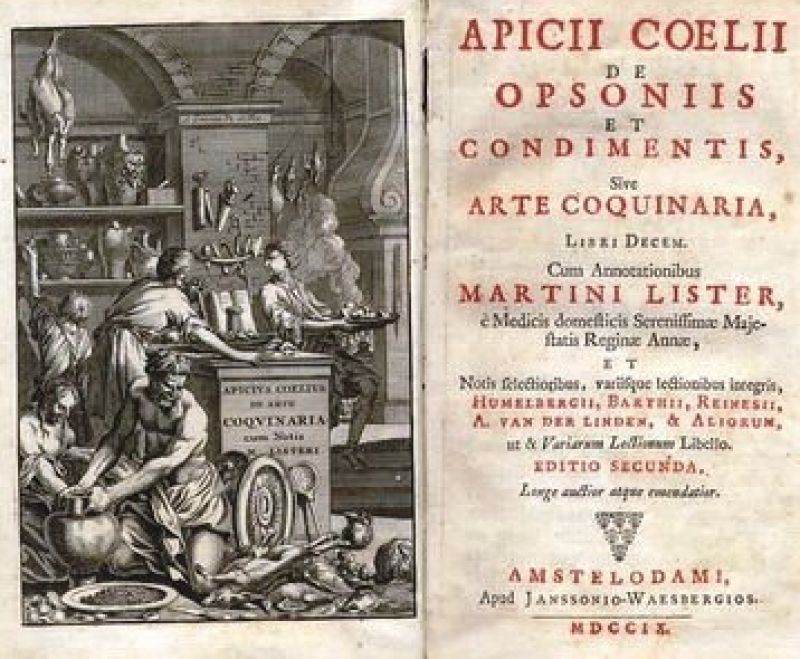
De re coquinaria Apicio
Food in ancient Rome "De re coquinaria" is divided into 10 books, each dedicated to different types of ingredients: Epimeles: the first book is about preserving fruits and vegetables, olives, and how to store vine.Best practice to store meat for a long time and how to recognize bad honey.

De re coquinaria on Apple Books
1541 CE manuscript of Apicius' De Re Coquinaria - a Roman cookbook - here named De Re Culinaria.
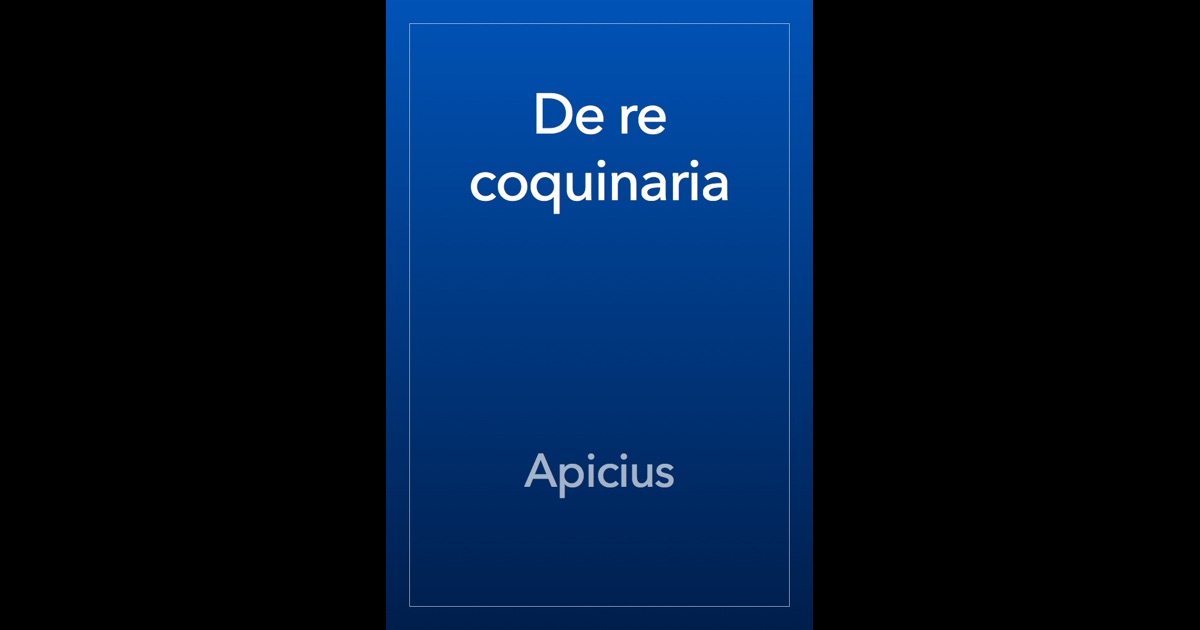
De re coquinaria by Apicius on iBooks
Title. Cookery and Dining in Imperial Rome. Credits. Produced by David Starner, Sam W. and the Online Distributed. Proofreading Team at http: //www.pgdp.net.

La Historia De La Cerveza II Griegos & Romanos Corona Ð Espuma
The earliest collection of recipes that has survived in Europe is De re coquinaria, written in Latin. An early version was first compiled sometime in the 1st century and has often been attributed to the Roman gourmet Marcus Gavius Apicius, though this has been cast in doubt by modern research. An Apicius came to designate a book of recipes. The.
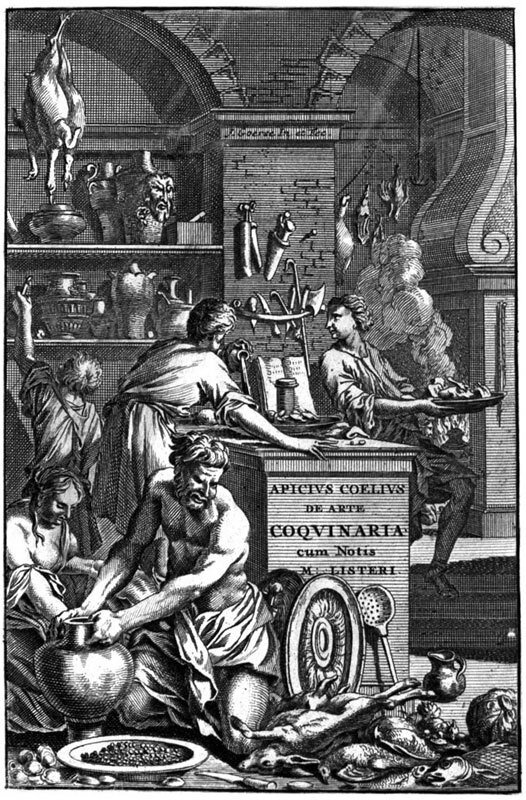
De re coquinaria.by Apicius. Amstelodami Apud JanssonioWaesbergios, 1709 · Special
De Re Coquinaria quiere decir, simplemente La Cocina, y supone un notable esfuerzo de sistematización de los conocimientos culinarios de su época. El momento en el que está escrito representa una época de añoranza de la Roma clásica, ya en el declive del Imperio. El libro, en un latín imperfecto, deriva del estoicismo hacia el lado.
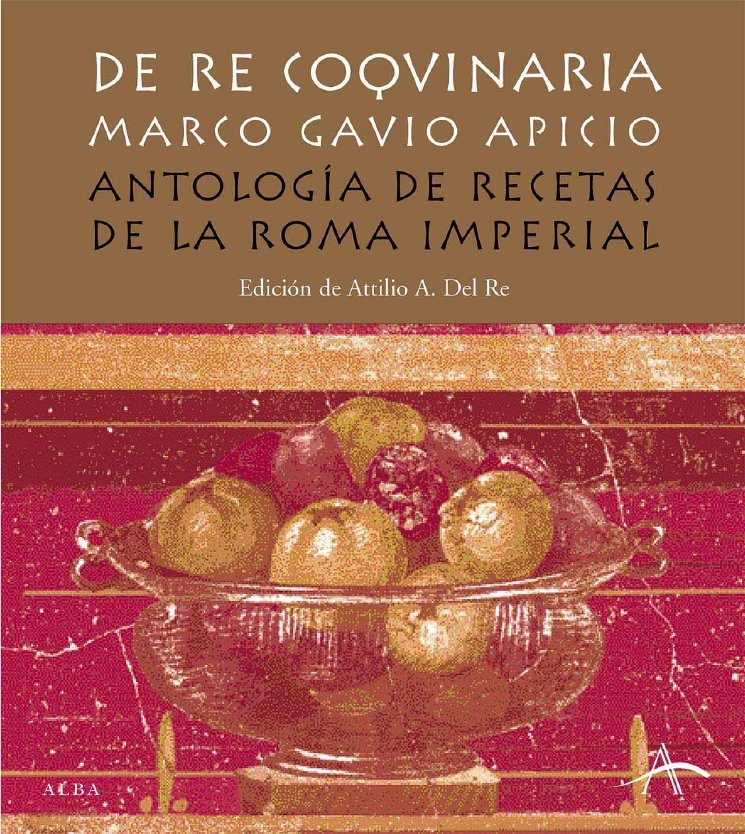
DE RE COQUINARIA ANTOLOGIA DE RECETAS DE LA ROMA IMPERIAL MARCO GAVIO APICIO Comprar libro
The earliest surviving codex of the earliest cookbook, entitled De re coquinaria, and attributed to Apicius, a gastronome of the first century, was copied at the monastery of Fulda, Germany, by seven different monks.It was written in language that is closer to Vulgar than to Classical Latin, partly in Carolingian minuscule and partly in Anglo-Saxon script of the Fulda type, and because so many.

Apicius De Re Coquinaria « Facsimile edition Bullet journal, The past, Journal
CAELIUS APICIUS (3rd / 4th cent.) DE RE COQUINARIA. Epimeles: Sarcoptes: Cepuros: Pandecter: Ospreon; Tropetes Polyteles Uolatilia Tetrapus Quadripedia